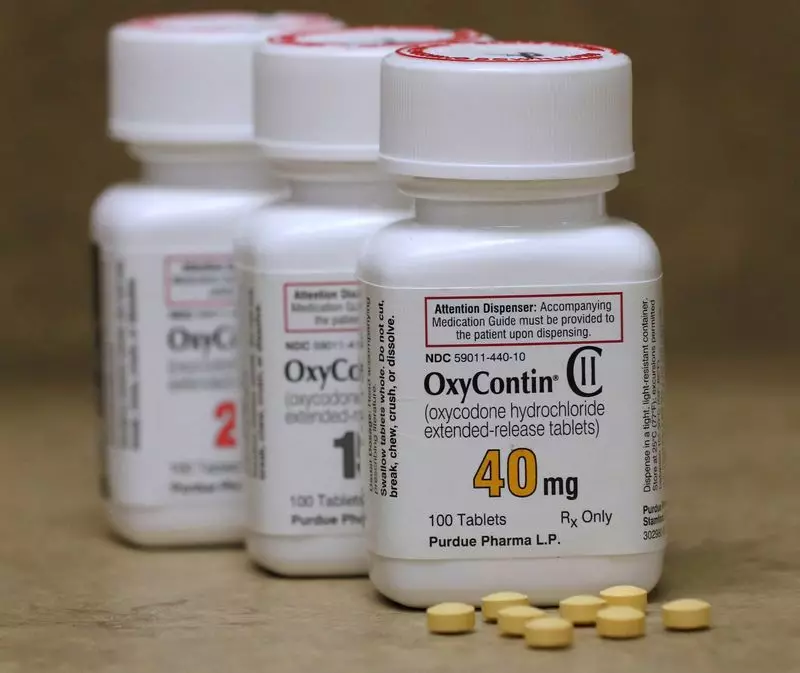Purdue Pharma, the infamous manufacturer of OxyContin, has come to a new agreement, committing to a substantial payment of $7.4 billion. This resolution aims to settle myriad lawsuits which allege that the drug has significantly contributed to a devastating opioid addiction epidemic across the United States. Texas Attorney General Ken Paxton confirmed this agreement, following a tumultuous legal journey where the previous bankruptcy settlement—proposed to absolve the Sackler family from many legal repercussions—was dismantled by the U.S. Supreme Court. This recent development indicates a crucial moment in how the U.S. legal landscape addresses the opiate crisis and the accountability of pharmaceutical companies.
The path to this settlement has been riddled with challenges. Initial attempts to shield the Sacklers from financial and legal accountability, through bankruptcy, were thwarted when the Supreme Court ruled that the family could not claim protections typically reserved for debtors. As the Sacklers had not filed for bankruptcy personally, the court emphasized an essential legal principle: accountability cannot be circumvented through a corporate veil when lives are at stake. This decision marks a significant shift, refocusing the narrative on corporate responsibility in public health crises.
While the $7.4 billion figure seems substantial, it’s crucial to scrutinize the implications of this settlement. It does not provide an all-encompassing shield against future lawsuits. Victims, including states and local governments, retain the right to pursue individual legal actions against the Sacklers—providing a glimmer of hope for those seeking justice. The Sacklers have stated their intent to defend themselves vigorously in any forthcoming legal challenges. This tension between the settlement and ongoing litigation reflects the complex interplay between accountability and corporate survival that marks the opioid crisis’s historical narrative.
The opioid epidemic has resulted in over 700,000 overdose deaths in the U.S. over the past two decades, leaving a trail of devastation in its wake. Purdue Pharma, along with other pharmaceutical entities, has contributed to this crisis through aggressive marketing and the deceptive portrayal of OxyContin as a safe and non-addictive solution for pain management. The firm’s history includes previous guilty pleas for misbranding and misleading marketing tactics, which casts a long shadow over its corporate ethics. The combined efforts of various manufacturers have led to a collective financial commitment of approximately $50 billion to tackle the fallout from the epidemic and remedy the damages caused.
The settlement of $7.4 billion represents a significant yet controversial step towards confronting the opioid crisis. While it may provide a framework for compensating some victims, it raises fundamental questions about the responsibility of pharmaceutical companies and the systemic issues driving addiction. The ongoing struggle for justice underscores a larger narrative—one that challenges us to address the systemic flaws in how we approach pain management, addiction, and responsibility in the pharmaceutical industry. As this chapter closes, it beckons a critical examination of what must be done to prevent such crises in the future. The pursuit of accountability is far from over, and the effects of this settlement will be felt for years to come, both within the judicial system and in public health policy.

